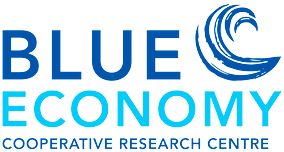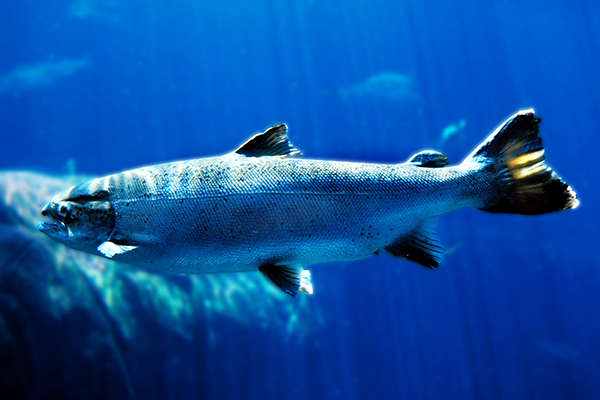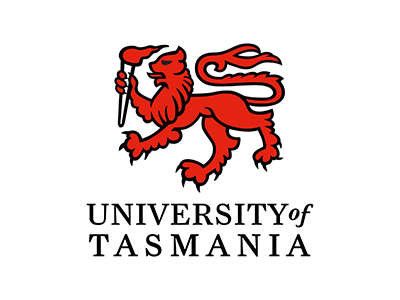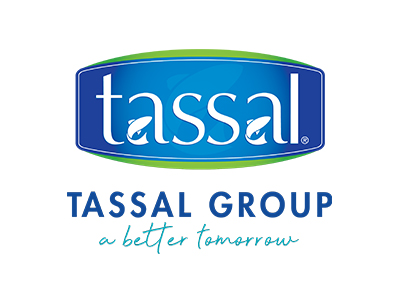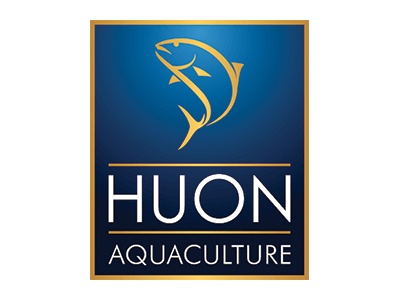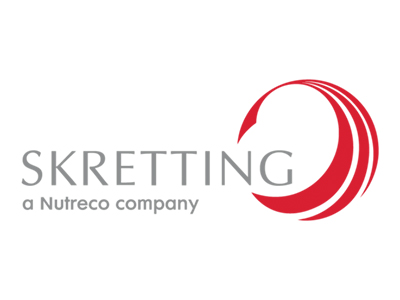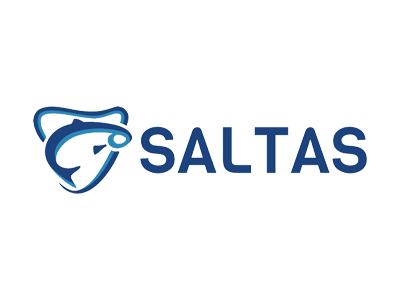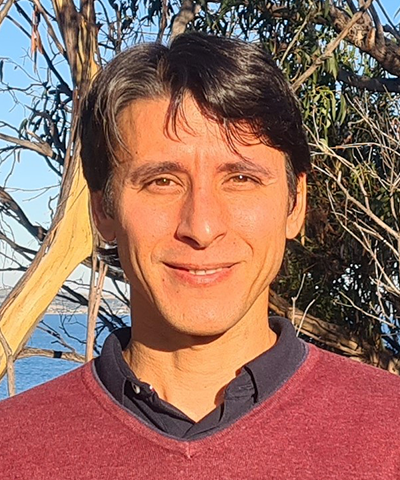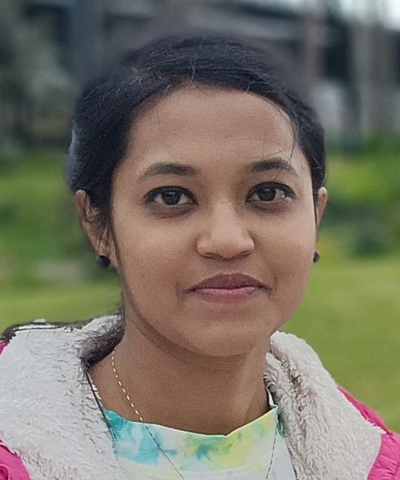Research Program
PROJECT LEADER
PROJECT ID
2.21.002
BECRC PARTNERS
THIRD PARTY PARTICIPANTS
SALTAS
START DATE
December 2022
END DATE
September 2026
DURATION
42 months
PROJECT IN BRIEF
The principal aim is to support and improve offshore Atlantic salmon aquaculture through a translational experimental approach that addressed critical knowledge gaps in salmon production biology by working closely with industry partners including the Tasmanian selective breeding program.
Translation will consider the impact of genetic and key environmental variables, most relevant to current and future offshore sites, on salmon performance.
There are two major challenges:
- Quantifying the impact of genetic and key environmental variables on salmon performance in current and future offshore sites
- Addressing a knowledge gap around the translation of experimental data into commercial outcomes.
Successful outcomes will come from understanding how to relate differences in salmon performance to underlying mechanisms and across experimental and commercial systems. A second aim is to build capability and support career development to meet industry needs
March 2024 Progress Update
The Project Team has developed a final and extensive experiment for the project. The exciting experiment will use the EAF for almost 12 months and grow early seawater salmon (post-smolts) up to market size. The major aim is to investigate differences in feed efficiency among of groups of salmon, and to then to explore the strength of relationships with measurable differences in fundamental nutritional physiology as measured by OMICS and other potential biomarkers. These can then be applied to understand salmon in other situations such as offshore locations.
Additional and valuable information will be added through continued collaboration with the industry Selective Breeding Program and using families characterised by having high or low growth rates and having high or low fillet fat. It will be fascinating to relate feed efficiency to these phenotypes, including the opportunity to consider feed efficiency in terms of wet growth but also the efficiency of retaining protein and fat (energy) and to investigate where and how much fat is deposited. The salmon are currently at the SALTAS Wayatinah hatchery and will be transported to IMAS Taroona to start the experiment in April 2024.
October 2023 Progress Update
Professor Chris Carter, Program Leader of the Seafood and Marine Products program, led a successful Blue Economy CRC workshop on Atlantic salmon skeletal structures in relation to offshore aquaculture in August with participants from Huon Aquaculture, Tassal, Petuna & Skretting in attendance.
The workshop provided expert information about salmon skeletons and current R&D activities to industry and research attendees with opportunities for industry to engage in identifying opportunities for future Atlantic salmon R&D.
“The workshop was very rewarding for all who attended, it was great to see such strong support from our industry participants from Atlantic salmon aquaculture and to be part of the enthusiastic and lively discussions happening in the room. We were particularly pleased to welcome two of the world’s foremost scientists Prof Eckhard Witten and Prof Ann Huysseune from Ghent University working on fish skeletons and look forward to planning a second workshop for wider BECRC participation.” said Chris Carter.
The workshop also provided an opportunity for our PhD students to present their research to industry with the team heading into preparations for an upcoming webinar on fish skeletons in relation to aquaculture. Stay tuned for details!
MARCH 2023 PROGRESS UPDATE
The Experimental Platform for Aquaculture Production project achieved an important milestone in March by reaching the end of the first phase of a large experiment being conducted in experimental tanks and at sea in salmon pens.
The project aims to better understand genetic and environmental influences on salmon performance and how to link experimental and commercial data. The main focus is on climate change impacts by tracking salmon through sub-optimum summer conditions and an autumn recovery.
IMAS researchers, alongside the Atlantic salmon selective breeding program (SBP), Tassal, Huon Aquaculture and Skretting, took a range of measurements from a cohort of nearly 160 families held at the EAF at the Experimental Aquaculture Facility (IMAS Taroona). A week later, sampling was repeated from the same families held in a salmon pen.
In the second phase, starting in April, the same cohort of salmon, now at a much larger size, will follow exposure to the same summer to autumn conditions.
In addition to informing selective breeding values for different families the project aims to use proteomics and metabolomics to explore fundamental aspects salmon performance by identifying which physiological / biochemical systems operate across different environments to better understand how to translate experimental information to commercial outcomes.
Project Lead Professor Chris Carter was keen to acknowledge the excellent contributions from Dr Gianluca Amoroso (Deputy Project Leader) and Lewis Rands (Saltas) for their excellent ongoing contributions to the project successes including on-the-ground management and hard work during sampling.

